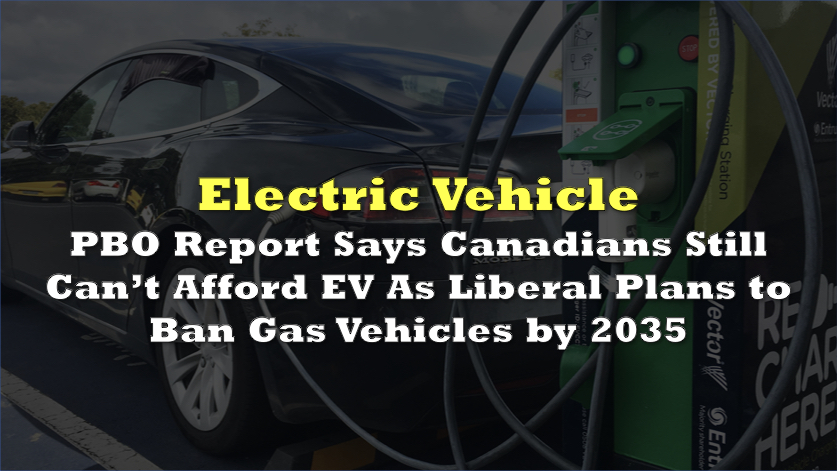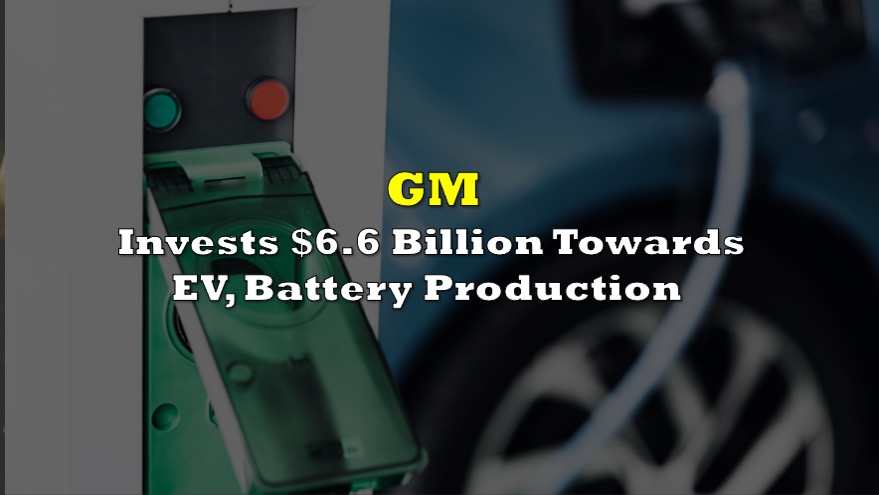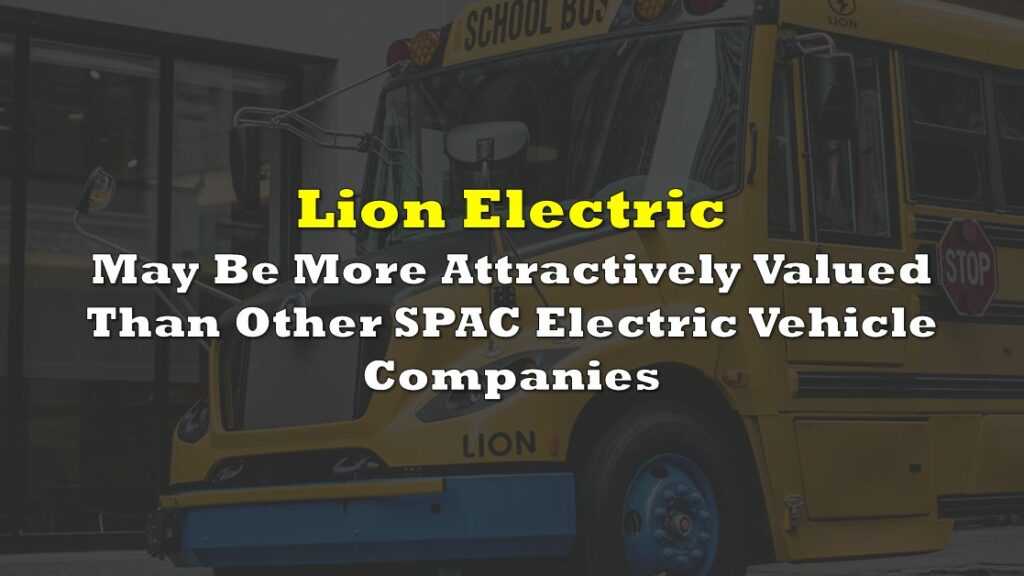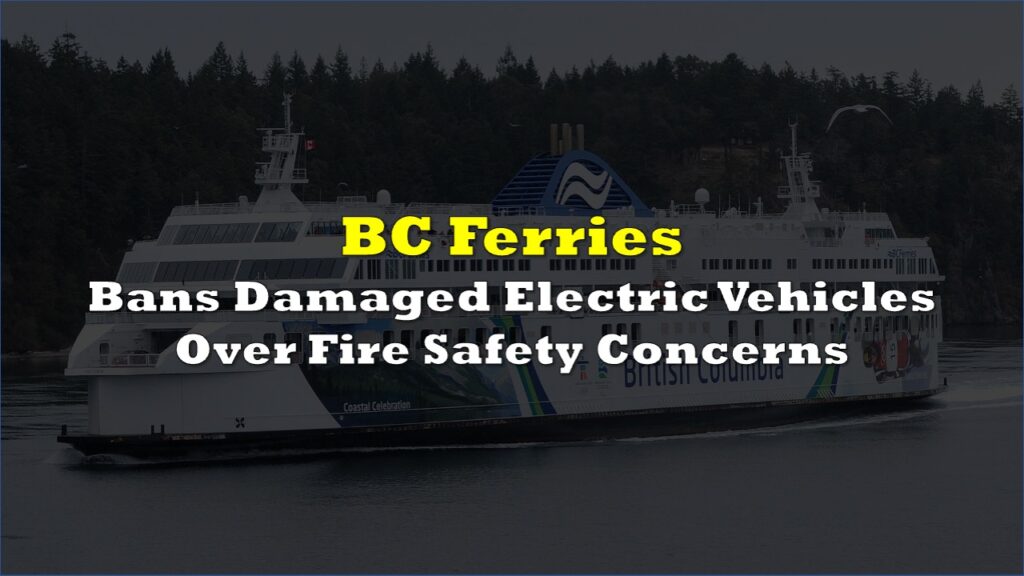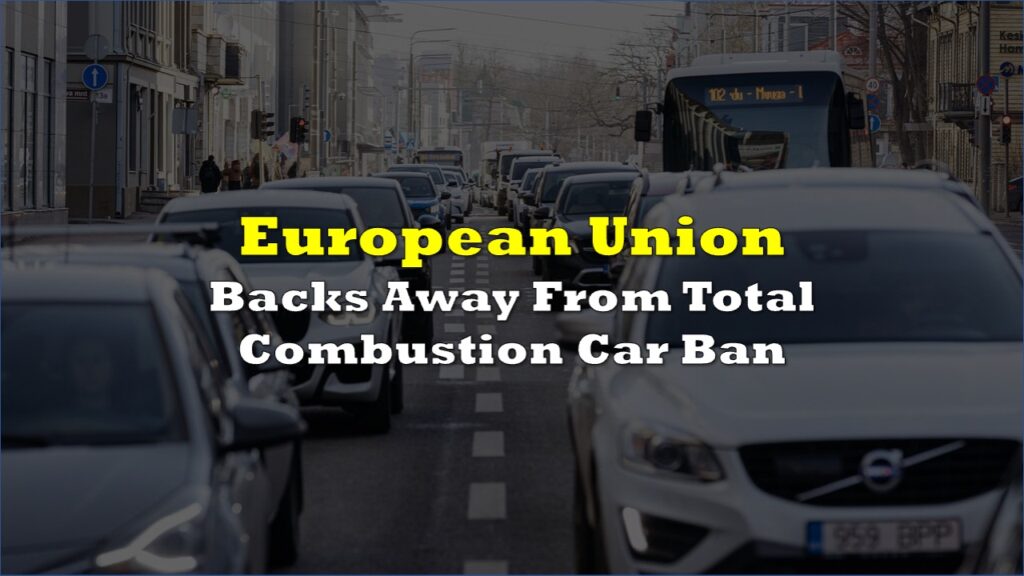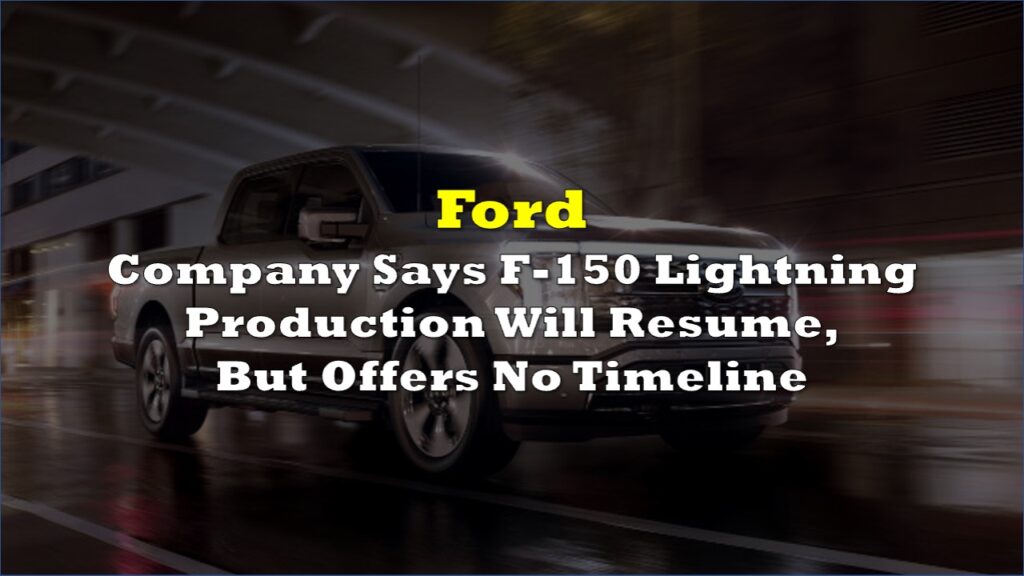A fresh note from the Parliamentary Budget Officer flatlines Ottawa’s optimism on electric vehicle affordability, warning that battery-electric vehicles still need to be 29%–33% cheaper than today to hit the Liberals’ Electric Vehicle Availability Standard of 60% zero-emission sales by 2030.
“With the removal of fuel charges… the relative ownership cost of BEVs would need to decrease by 33%,” analysts Louis Perrault and Tim Scholz write, surpassing the 31% reduction flagged in the PBO’s August 2024 baseline.
The math shifted when Ottawa scrapped the consumer carbon levy on April 1 and floated a revival of the $5,000 Incentives for Zero-Emission Vehicles rebate. Without that subsidy, BEVs must close the full 33% gap; even a blanket, permanent rebate only trims the target to 29%.

Conservative MP Dan Mazier brands the mandate “a financial nightmare disguised as environmental policy,” arguing that “working families can’t afford this.”
A typical 2026 BEV car carries a $61,520 sticker versus $54,800 for its internal-combustion counterpart; SUVs and pickups widen the gap to $75,500 against $64,010. Lifetime economics do improve—eight-year discounted costs are $67,830 for BEVs versus $73,580 for ICE cars—but that payoff depends on incentives and, critically, the now-abolished carbon tax on fuel.

Infrastructure poses an added hurdle. Meeting the sales mandate requires 33,900 extra Level-2 chargers and 4,700 fast chargers by 2030, fewer than Natural Resources Canada’s own needs study—and none of them are accounted for in household cost models.
Extending iZEV across “all new BEV vehicles purchased in 2025 and thereafter” would transfer billions to buyers while erasing carbon price revenue, leaving taxpayers to underwrite both the purchase subsidy and the lost levy.
In other words, Ottawa must pay motorists to buy BEVs and pay itself for cancelling the very price signal meant to make those BEVs attractive.
First floated in 2021 and locked into regulation in December 2023, Ottawa’s roadmap calls for 100% zero-emission sales of new light-duty cars and trucks by 2035, with binding way-points of 20% by 2026 and 60% by 2030.
Information for this story was found via the sources mentioned. The author has no securities or affiliations related to the organizations discussed. Not a recommendation to buy or sell. Always do additional research and consult a professional before purchasing a security. The author holds no licenses.

